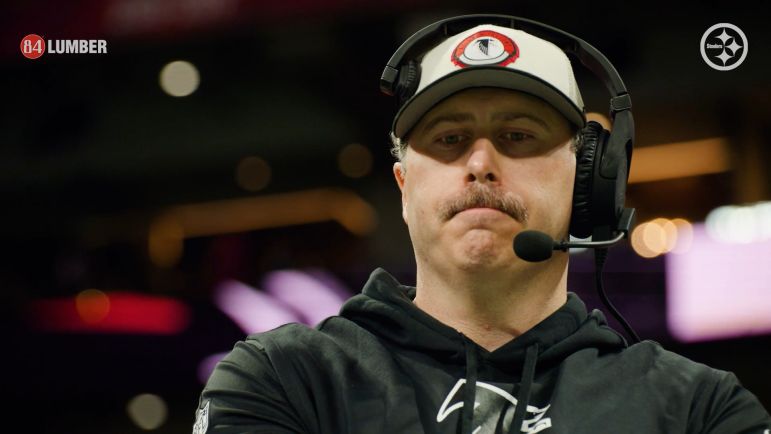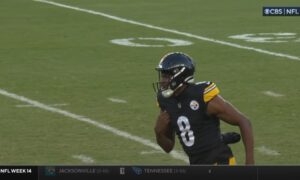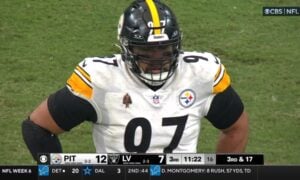Publicly, the running theme of the Pittsburgh Steelers’ offensive coordinator search boiled down to one word. Experience. That’s what Mike Tomlin and Art Rooney II pointed to as one of the key qualifications in their search.
And while that didn’t seem to get put into action, the Steelers interviewing just one man who had that on his resume, they did hire him. That’s Arthur Smith, who comes to the job with plenty of experience. He spent two years as the Tennessee Titans’ offensive coordinator and three years with the Atlanta Falcons as their head coach and play caller.
Offensive coordinators are synonymous with play calling. And that is part of their job description, arguably the most important and definitely the most visible aspect of being an OC. But it’s far from the only one. Earlier this month, a comment from Buffalo Bills GM Brandon Beane about offensive coordinators stuck out. Beane described the role of play calling being a secondary aspect. Most importantly, his job is to lead the offensive coaching staff.
“It’s more of a CEO job than an X’s and O’s job,” Beane said. “It really is. [New OC Joe Brady’s] a smart guy. There’s been plenty of coordinators that were super smart X’s and O’s, but they didn’t understand the CEO part of the job leading the staff…and then leading the whole side of the ball versus just one position.”
Being an offensive coordinator isn’t just showing up on Sunday. Gameday is just a result of the week’s preparation. Which starts with reviewing the previous week of film, scouting the upcoming opponent, disseminating that game plan to your players, positional coaches going over film and discussing the game plan, having an efficient practice against the scout-team defense, and then executing that plan on Sundays.
It’s a point Mike Tomlin alluded to in making the decision to split the offensive coordinator role following Matt Canada’s firing. Instead of appointing one man, Eddie Faulkner wore the interim OC hat, in charge of handling the offensive staff, while Mike Sullivan served as the actual play caller.
“I’m excited about Eddie Faulkner coordinating our efforts,” Tomlin said in announcing the team’s new coordinators. “Organizing staff responsibility in meetings. Organizing game planning. Leading our unit as a collective in review of our tape in preparation of our upcoming opponents and things of that nature. Things that a coordinator does. He has full authority in that regard and my support.”
That’s a big part of the job. Bigger and more involved than play calling, which takes up only a couple hours of the work week. That’s why it’s called coordinator and not just play caller. Positional coaches have focus on their respective groups. But the coordinator runs the room. That’s especially important in Pittsburgh. Tomlin is heavily involved in the Steelers’ defensive game plan, leaving the offensive coordinator to run the show on that side of the ball.
And it’s why experience matters. Not just for someone being comfortable calling the plays, though that is one element. But knowing how to lead the offensive staff. It’s like being a mini-head coach, something that won’t be foreign for a former head coach like Smith. They have to delegate tasks. They have to work with different people and personalities. They have to communicate and problem-solve. Arthur Smith’s experience will suit him well. It’s why the Steelers wanted someone who wouldn’t have to learn all that comes with being an offensive coordinator on the job.








